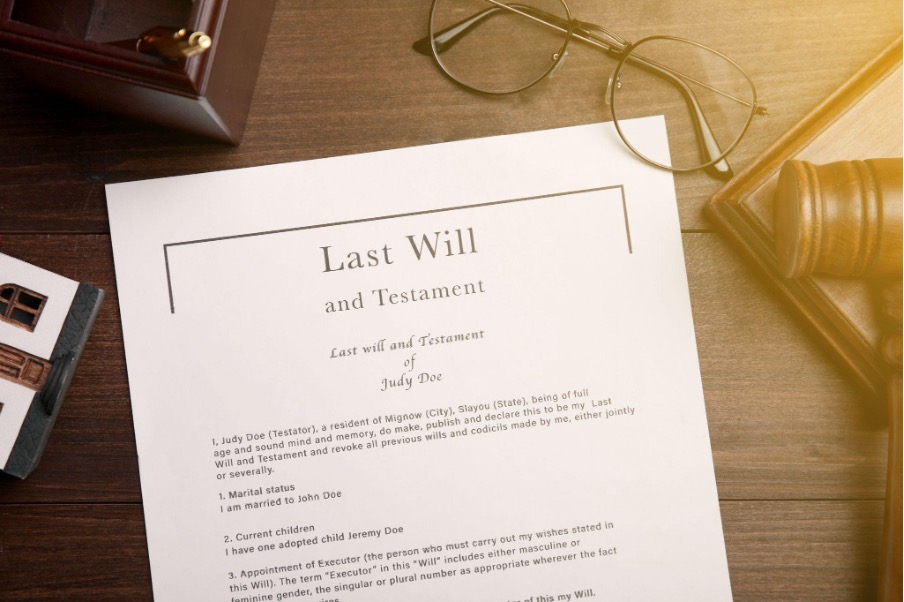Now Reading: What to Avoid Saying to an Insurance Adjuster After a Car Crash
-
01
What to Avoid Saying to an Insurance Adjuster After a Car Crash

What to Avoid Saying to an Insurance Adjuster After a Car Crash
The shock of a car accident can be devastating, leaving you shaken and unsure of what to do next. While dealing with repairs and potential injuries, you’ll also need to interact with insurance adjusters to get the compensation you deserve.
However, what you say to these adjusters can significantly impact your claim.
The claim adjusting market is growing at a CAGR of 1.5% in the US. Ensure you don’t unknowingly jeopardize your chances of a fair settlement.
In this article, we’ll guide you through what to avoid saying to an insurance adjuster after a car crash.
Understanding the Role of an Insurance Adjuster
The Insurance adjusters act as intermediaries between the insurance providers and your claim. They will evaluate the extent of damage and injuries and determine a settlement amount according to your policy coverage.
Zippia states that currently, around 7,187 insurance adjusters are employed in the US. Out of them, 76% of adjusters prefer working in a private firm. By having a well-organized conversation with the adjuster, you can increase your chances of a better outcome.
This means presenting a clear picture of the accident, providing documented evidence like police reports and repair estimates, and calmly explaining the damage. Remember, a factual and courteous demeanor goes a long way in establishing trust and ensuring a fair settlement.
Discuss With Your Personal Injury Law Firm
Discuss your situation with a personal injury law firm before dealing with an insurance adjuster. These attorneys specialize in personal injury cases and can be invaluable assets.
According to Russell & Hill, when you hire a personal injury attorney, you must consider someone who can negotiate with the insurance company. They will also tell you what to discuss with your adjuster and how to talk with them.
They understand the complexities of insurance claims and can guide you through the process, ensuring you don’t undervalue your claim or miss important deadlines.
Discuss the accident details with your attorney, your injuries, and any communication you’ve had with the adjuster. This will allow the law firm to evaluate your case’s strength and suggest the best action. It will maximize your chances of a successful claim and a just settlement.
Avoid Admitting Fault
USA Today mentions that there are three types of adjusters: public, independent, and staff adjusters. While the independent and staff adjusters work on behalf of the insurance company, the public adjuster speaks on behalf of the policyholder(claimant). A public adjuster will charge 10-20% of your claim amount but can help you greatly in getting your claim.
One crucial point to remember when interacting with the adjuster is to avoid admitting fault. Even phrases like “I’m so sorry” or “I was going a bit too fast” can be misconstrued as an admission of liability.
Insurance companies are trained to look for such admissions and can use them to deny or significantly reduce your claim. Leave any fault-finding to the official investigation and your legal representative if you choose to involve one.
Don’t Downplay Your Injuries
Injuries after a car crash do not cause physical damage, but there is also a huge financial loss. According to NSC Injury Facts, there were 5.2 million medically consulted injuries after car accidents in 2022. This resulted in a financial loss of $481.2 billion in the same year. All this loss must be claimed, and for it, you must not downplay your injuries.
You might be shaken but assume the pain is temporary, or you could focus on other pressing concerns. However, this can be a big mistake.
The full extent of injuries, especially soft tissue damage like whiplash, may not be immediately apparent. You’re undervaluing your claim by downplaying your injuries to the adjuster.
Be honest and upfront about all your symptoms, even minor ones. This creates a clear record of your condition and strengthens your case for fair compensation for all the accident’s impact on your well-being.
Avoid Speculation or Guessing
Sticking to the facts is essential when dealing with an adjuster. Avoid unnecessary speculations or guessing about any aspect of the accident.
If unsure, simply state “I don’t know” or “I can’t recall.” Fabricated or uncertain details can be used against you later, potentially delaying your claim or impacting the settlement amount. Remember, the adjuster is looking for a clear picture of events, and honesty is always the best policy.
Refrain from Providing Recorded Statements
While an insurance adjuster might request a recorded statement to expedite the claim process, it’s best to refrain from providing it. These adjusters are skilled communicators who may use leading questions or misinterpret your words to downplay your claim.
By politely declining a recorded statement and offering to provide a written one later, you protect yourself. If the adjuster insists, politely explain you’d prefer to consult with an attorney first. This ensures you have a trusted professional by your side to navigate the conversation and avoid any pitfalls that could weaken your claim.
Don’t Discuss Settlement Amounts Early On
When the conversation with the adjuster inevitably turns towards compensation, resist the urge to discuss settlement amounts early on. Insurance providers often start with the lowest offers, hoping you’ll be eager for a quick resolution.
According to Forbes, a survey conducted by the Insurance Information Institute revealed that the typical injury settlement in recent years averaged $20,235. The average property damage settlement amount was $4,711.
By holding off on settlement discussions, you give yourself time to gather documentation of your damages, like medical bills and lost wages. This allows your lawyer, if you choose to involve one, to accurately assess the full value of your claim. Once you have a clear picture of your losses, you can enter settlement negotiations with a strong foundation.
Frequently Asked Questions
What should I do if I accidentally admit fault to the adjuster?
Don’t panic. While admitting fault can hurt your claim, explain the situation to a personal injury lawyer. They can advise you on the best course of action to minimize the impact and fight for a fair settlement.
How can a personal injury law firm help with my claim?
A personal injury law firm can guide you through the entire claim process and negotiate a better settlement with the adjuster. Their expertise can maximize your compensation for medical bills, lost wages, and pain and suffering.
Is it okay to delay talking to the insurance adjuster until I get legal advice?
It’s generally best to wait. While cooperation is important, legal advice can help you avoid pitfalls and ensure a stronger claim. Respond politely to the adjuster, but prioritize consulting a lawyer to protect your rights.
Navigating a car accident claim is complex. By understanding the role of the adjuster and avoiding common missteps, you can significantly increase your chances of a fair outcome.
Remember, prioritize your well-being, focus on factual communication, and don’t hesitate to seek legal guidance. With the right tactic, you can move forward from the accident and secure the compensation you deserve.










